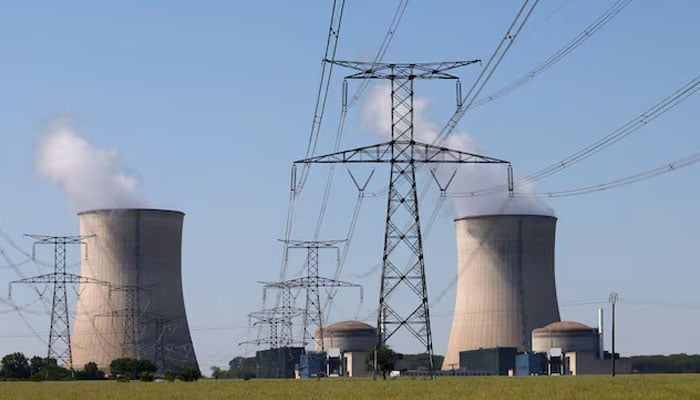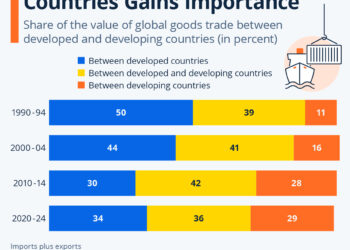Select Language:
On Wednesday, the President of the World Bank, Ajay Banga, announced that the organization is re-entering the nuclear energy sector “for the first time in decades” in response to increasing electricity demands in developing nations.
Banga communicated via an email to staff that the World Bank will collaborate with the International Atomic Energy Agency (IAEA) to bolster its advisory capabilities regarding non-proliferation safeguards and regulatory frameworks.
In his memo, which was reviewed by AFP, Banga highlighted that electricity demand in developing nations is projected to more than double by 2035.
Meeting this rising demand will require an annual investment surge in energy generation, grids, and storage from $280 billion today to approximately $630 billion.
The World Bank plans to assist in extending the lifespan of existing reactors in countries that operate them and to promote upgrades to grid infrastructure.
Additionally, Banga mentioned efforts to accelerate the deployment of Small Modular Reactors, making them a feasible option for more nations in the future.
Since taking over the development lender in 2023, Banga has advocated for a shift in the bank’s energy policy. This announcement follows a board meeting that was held recenty.
“Our aim is to help nations provide the electricity their citizens need while allowing them the flexibility to choose the development paths that align with their aspirations,” Banga stated.
Along with enhancing grid efficiency, the World Bank will also continue to finance the decommissioning or repurposing of coal plants and support carbon capture technologies for both industrial and power generation purposes.
In April, during the International Monetary Fund and World Bank’s spring meetings, U.S. Treasury Secretary Scott Bessent mentioned that the bank could optimize its resources by aiding emerging countries in increasing energy access.
He emphasized the need for focusing on “reliable technologies” rather than pursuing “distortive climate finance targets,” which may lead to investments in gas and other fossil fuel energy production.
Bessent also praised the bank’s move to lift restrictions on nuclear energy support.
Beyond the change in nuclear financing, Banga revealed that the bank has yet to reach an agreement on whether to engage in upstream gas activities and the conditions under which they should proceed.
The United States, the World Bank’s largest shareholder, has been vocal in urging the institution to reconsider its ban on supporting nuclear initiatives.




